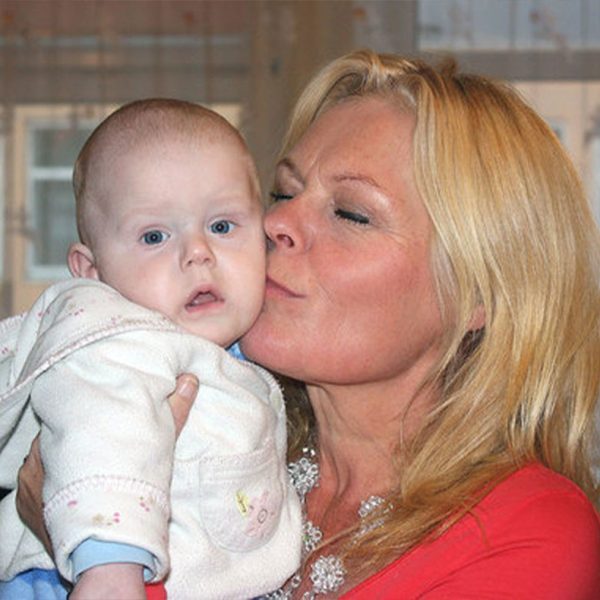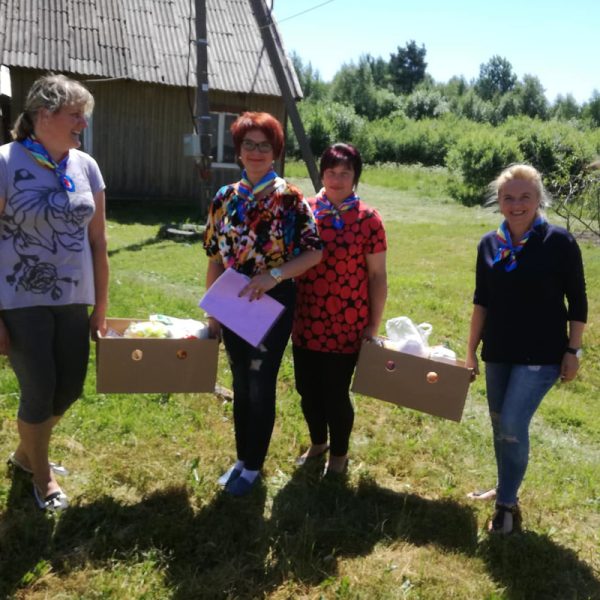
Our first visit to Lithuania was in 1995, barely five years after the fall of the Soviet Union and the country had recently fought its way to independence.
The society was characterized by poor infrastructure, poverty and high unemployment. Life was hard in the countryside and more and more children were being sent to orphanages.
On our visits to the orphanage, we met many children, all with powerful stories. One of these children was Victoras.
Victoras had grown up with her abusive father and came to the orphanage in a very bad state.
Life with her father was anything but harmonious; her father’s house was a gathering place for men who drank and fought. There was little food, and Victoras had to fend for herself.
Victoras told us: “Before I came here I had to beg for food, or money to buy food. I often went to the bars, where I had the best chance of getting money. I didn’t go home until I thought my father had passed out on the couch. I remember that there were often parties at our house, they screamed and fought. It was a teacher who saved me. I fainted in the middle of a lesson and the teacher realized that I was hungry. He gave me food and I was so happy, but had to leave quickly because the food came back up. I hadn’t eaten for four days. The teacher also wanted to give me a new shirt, and saw the bruises I was trying to hide. He cried and said he would help me. And he did. Now I’m full and no one beats me.”
At the orphanage, there were many stories from children with similar fates.
The orphanage manager, Birute Vaickiene, is a lady to be admired. She often told the story of the man, the boy and the starfish;
“Once upon a time there was an elderly man walking along the beach where thousands of starfish had been washed up on the beach and could not make it out to sea – and life again.
He spotted a boy running to throw as many starfish as possible back into the water.
The older one asked the younger one: “Why are you doing this? There are thousands of starfish, you won’t be able to save them all. What you’re trying to do won’t make any difference.”
The boy looks up at the older man for a moment before bending down, picking another starfish up from the sand and throwing it back into the sea before saying: “Maybe I can’t save them all, but ask that starfish if it made a difference”.
Birute always said that no one can save everyone, but everyone can save someone.
Birute’s story inspires us in the foundation’s work and for many years the founder of the foundation visited both the orphanage and the countryside in Lithuania.
The life of orphans is hard, and perhaps especially so in rural areas.

The foundation is now collaborating with PSGC in Lithuania, an organization of volunteer mothers who organize help and support for children in need with clothes, food and love. There are a total of 105 institutions in Lithuania and over 40% of these have more than 60 children.
Lithuania is one of the countries in Northern Europe with the highest number of orphans, and the A hand to children foundation continues to help through dedicated mothers in PSGC, who regularly visit rural children to offer a hand of hope.
Your contribution helps make a difference in children’s lives. No one can help everyone, but everyone can help someone.

Do you have Swish?
Then you can easily send a gift directly from your mobile.
Here’s how:
1. Open the Swish app
2. Enter 123 515 6773 as the recipient
3. Select the amount and press “Swish”